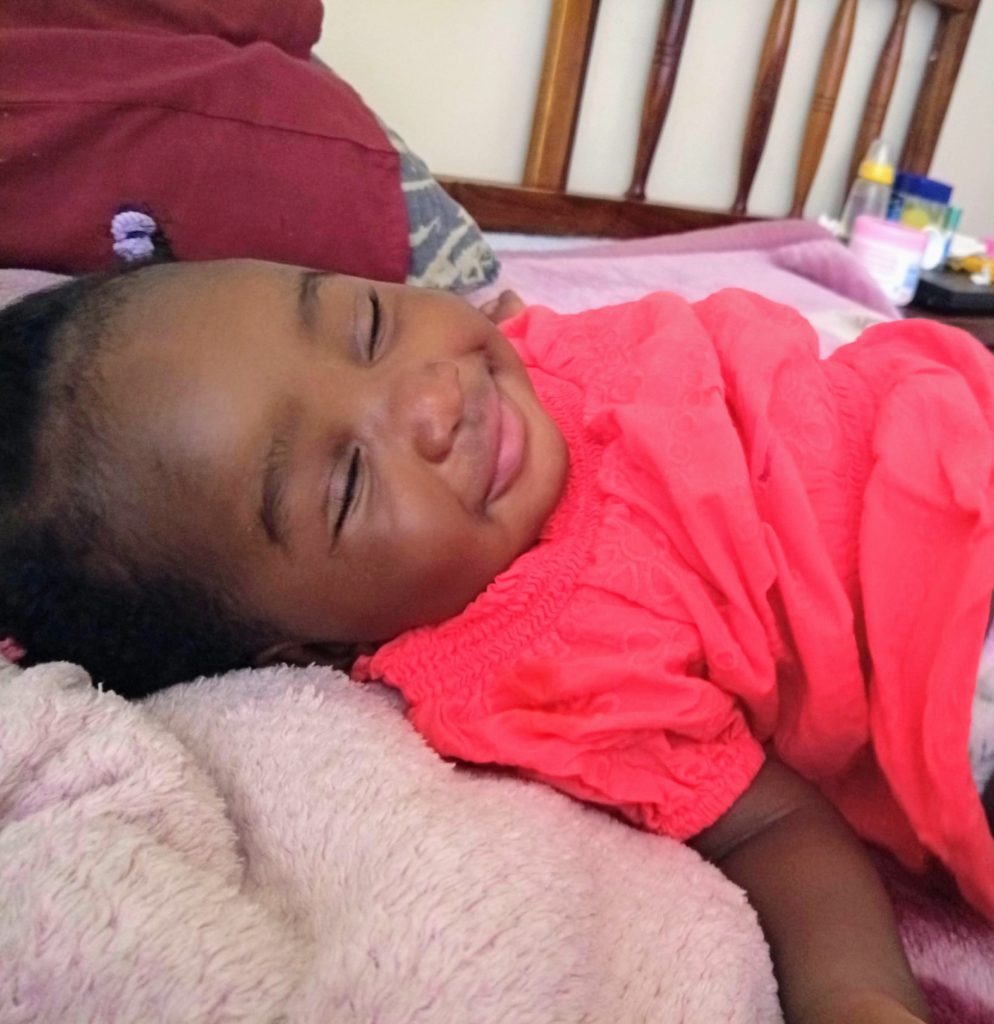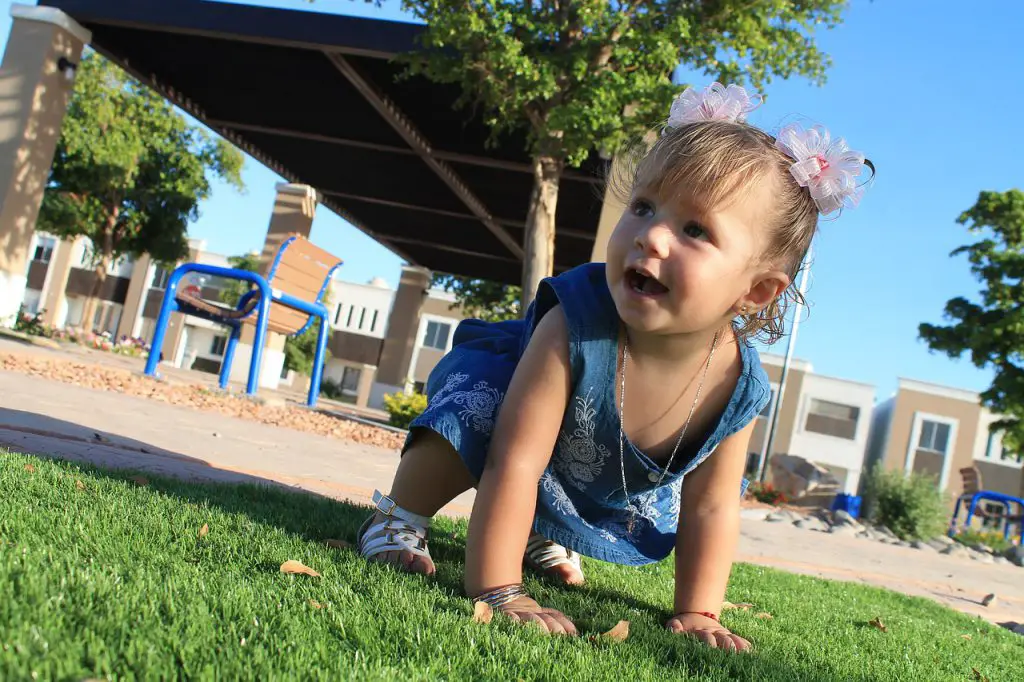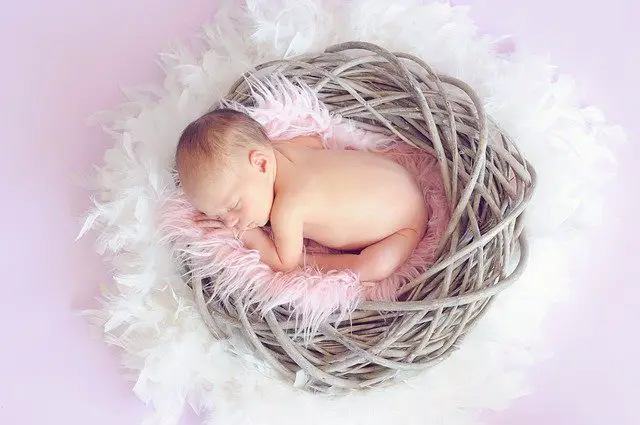How to know when your baby is teething; The teething process varies from baby to baby some might show most of the symptoms below and some only a few. Though they are not as difficult to figure out as they involve Unusual behavioural changes.
Babies develop a nappy rash and a sore bottom around teething time, although some argue that this is unrelated to teething, but some babies do show these signs.
Teeth in general, are a very important thing in every person’s life. Likewise, it is a good thing for your baby to have teeth as it allows your baby to enjoy his or her food. Those little teeth will help the little one to develop proper speech, and also enhance the child’s appearance and contribute to good self-esteem.
Baby teeth also help to maintain space for permanent teeth, standing in as a guide for the new teeth to grow in their proper position.

Signs and symptoms in How to know when your baby is teething.
Some signs and symptoms of baby teething in the first days are difficult for a mother to see since the baby will just be crying and feeling uncomfortable with almost anything, as though they are sick or about to fall ill.
When this happens you must assess the baby carefully, checking to see if they have swollen red gums. Hence this is how to know when your baby is teething or not.
Babies also begging to suck their fingers and their fists. They tend to bite your tits a lot during suckling, this is evident when you are still breastfeeding.
Some get fevers whereas some begin to feel irritable and restless causing them to cry regularly and not playing as giggling as they normally do. Some get flushed cheeks and swollen red gums pulling the ear on the same side the tooth is erupting from.
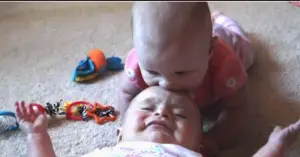
At this stage babies also develop an urge to chew anything they get their hands on, rubbing face even the people that try to come near them are in for a bite, and in some cases, they might even refuse to eat food.
Help your baby out.
It is wise to get your baby something to chew like a dummy, teething rings, sugar-free rusks, like fruit, this makes the discomfort feel better.
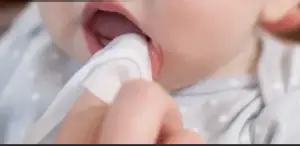
Rub your child’s gums with a clean finger or the back of a cold spoon.
A baby’s first tooth usually appears at around 6 months to 12 months, however, this can vary greatly. But by the age of three, a child should have a full set of twenty baby milky teeth.
It is also perfectly normal for your child’s teeth to show up later when they 14 months. This just shows that your child’s teeth are slow to appear , there is absolutely nothing wrong with your baby .
But if your baby reaches 18 months old, and still no tooth shows up, that is when you need to visit a pediatric dentist.
Late teething doesn’t signal a problem with a child’s overall development. And there’s actually a potential upside to taking a little longer, according to paediatrician Paul Horowitz, founder of Discovery Pediatrics in Valencia, California.
He says that “the later these teeth come in”, the less time they have to develop decay before they fall out and make way for a child’s permanent teeth.

